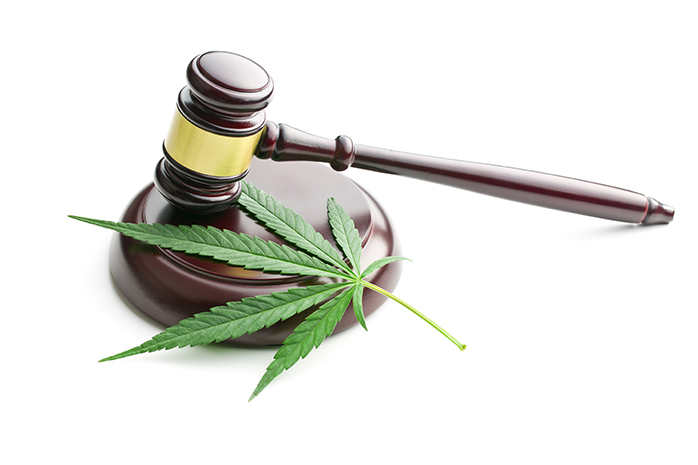
Michigan’s new marijuana law does not protect being under the influence at work, but other legal protections may apply
August 26, 2019
By Michael Burns, courtesy SBAM Approved Partner ASE
ASE is monitoring both Michigan law and employer policy and practices in response to the legalization of marijuana in this state. Though Michigan has joined a growing number of states that have legalized marijuana use, employers do not have to change their policies against the use of marijuana if they are satisfied with how their policies and practices are working.
Some employers are modifying their policies to treat marijuana use like alcohol use by setting a straightforward rule that states “Do not come to work under the influence.” Don’t forget of course, there are a whole lot of other narcotics that employees may use that are illegal and addictive.
In light of a laxer stance on marijuana use, and as employers review their policy and practice, it is important to keep in mind what laws still protect employees that have used and/or become addicted to alcohol and/or narcotics.
Americans with Disabilities Act (ADA)
First, employees or applicants that currently use illegal drugs or report to work intoxicated are not legally disabled and do not get the protections of the ADA. Employers should have an updated substance abuse/testing policy stating that states that applicants who test positive for use of drugs or alcohol will not be hired, and employees that come to work under the influence or intoxicated will be disciplined up to and including termination.
So where and when might legal protections start for employees that have a substance abuse addiction?
Under the ADA they start when a person has successfully completed a qualified drug/alcohol rehabilitation program or is participating in one and no longer is using drugs (legal or illegal). These persons can be ADA protected because they may be considered disabled. To qualify for ADA coverage the addiction must “constitute a physical or mental impairment that substantially limits one or more major life activities.”
Courts have looked at where to draw the line in protecting an employee and have developed several circumstances where ADA protections can apply. One court decision held the employee who used illegal drugs in the weeks and months before treatment could be considered using drugs during employment and was in breach of the policy. Another court found that because the employee had not notified the employer they were going into treatment before termination, the employer did not violate the ADA by firing the employee.
Dickenson Wright attorney David Deromedi notes the use of “last chance” agreements if an employer permits an employee to return to work. The last chance agreement clearly communicates the employee agrees to remain substance free upon completion of rehabilitation.
Family and Medical Leave Act (FMLA)
For those employers with over 50 employees and covered by the FMLA, they must be cognizant of the possible FMLA protections. However, the application of FMLA under the circumstance of substance abuse is quite narrow. The FMLA enforcement authority, the U.S. Department of Labor has stated in two non-administrator opinion letters that the FMLA may apply if the addiction rises to the level of a serious health condition. This requires the treatment being received for addiction be provided by a health care provider or service or the referral is by a health care provider as defined under the FMLA.
Again, Dickenson Wright attorney David Doremedi states that absences due to the employee’s substance abuse are not covered if they are separate from the treatment. But once an employee notifies an employer that they are scheduled to enter treatment and a qualified rehabilitation program, FMLA protections would apply provided of course that the employee supplied the required FMLA medical certification documentation.
Occupational Safety and Health Act (OSHA)
Under the Obama administration, OSHA issued a rule that seemed counter intuitive. OSHA issued a new rule prohibiting a drug testing policy that mandated testing after any workplace accident or injury. Under this rule employers could not automatically test for drugs if an accident or injury occurred or if an employee was in any way involved in an accident or injury situation. Why not? OSHA’s reasoning was and still is, such a policy causes employees not to report some accidents or injuries. Employees would fear being tested and choose not to notify anyone of a reportable injury. Further OSHA reasoned that requiring employees to get a drug test would constitute retaliation. Shortly after the Trump administration arrived OSHA modified its position somewhat and now holds an employer can proceed with testing after and accident or injury once they determined there could be substance abuse (at their discretion) involved and that drug testing should occur.
Employer policies on mandatory drug testing after an accident or injury should state that the employer “may” drug test in the event of an accident or injury, rather than the employer “will” test in the event of accident or injury and then proceed with a decision to test case by case. Be as consistent as you can in the application of this practice in order to avoid a discrimination claim.